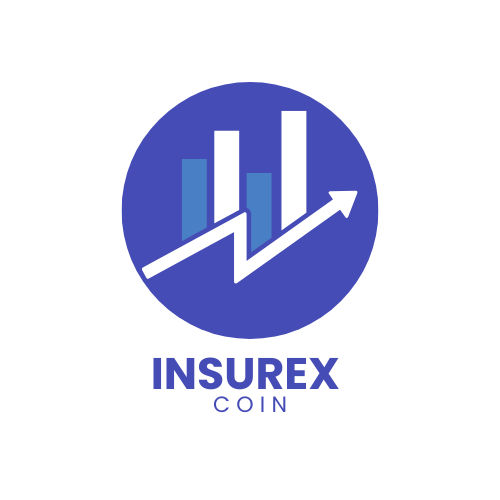Social Security's Hidden Home Equity Lifeline
Insurexcoin.com hopefully you are always surrounded by good people. At This Time I want to share insights about the interesting insurance. Content Inspired By insurance Social Securitys Hidden Home Equity Lifeline Let's discuss it in full until the last paragraph.
- 1.1. Unlocking the Hidden Home Equity Lifeline: A Guide to Social Security's Reverse Mortgage Program
- 2.1. How it Works
- 3.1. Benefits
- 4.1. Increased Cash Flow:
- 5.1. No Monthly Payments:
- 6.1. Stay in Your Home:
- 7.1. Considerations
- 8.1. Loan Balance Growth:
- 9.1. Closing Costs:
- 10.1. Impact on Heirs:
- 11.1. Eligibility
- 12.1. Conclusion
Table of Contents
Unlocking the Hidden Home Equity Lifeline: A Guide to Social Security's Reverse Mortgage Program
By [Your Name], Professional Article Writer
Social Security's Reverse Mortgage Program, often overlooked, offers a lifeline to seniors seeking financial stability in their golden years. This innovative program allows homeowners aged 62 and above to tap into the equity they've built in their homes without having to sell or take on additional debt.
How it Works
A reverse mortgage is a loan secured by your home's equity. Unlike traditional mortgages, you don't make monthly payments. Instead, the lender advances you a lump sum or monthly payments based on the value of your home and your age. The loan balance grows over time as interest accrues, and it becomes due when you sell the home, move out permanently, or pass away.
Benefits
- Increased Cash Flow: Reverse mortgages provide a steady stream of income, which can supplement Social Security benefits or cover unexpected expenses.
- No Monthly Payments: You don't have to make any monthly payments, freeing up your cash flow for other expenses.
- Stay in Your Home: You can continue living in your home while accessing its equity, allowing you to age in place.
Considerations
- Loan Balance Growth: The loan balance grows over time as interest accrues, which can reduce the equity you have in your home.
- Closing Costs: Reverse mortgages typically have higher closing costs than traditional mortgages.
- Impact on Heirs: The loan balance becomes due when you sell the home or move out permanently, which can affect the inheritance your heirs receive.
Eligibility
To qualify for a reverse mortgage, you must meet the following criteria:
- Be at least 62 years old
- Own your home outright or have a low mortgage balance
- Live in the home as your primary residence
Conclusion
Social Security's Reverse Mortgage Program can be a valuable tool for seniors seeking financial stability and flexibility. By carefully considering the benefits and drawbacks, you can determine if this program is right for you. Consult with a qualified financial advisor to explore your options and make an informed decision.
Thank you for listening to social securitys hidden home equity lifeline in insurance until the end Thank you for your attention while reading stay optimistic in facing changes and maintain muscle fitness. share it with your friends. Thank you for reading

